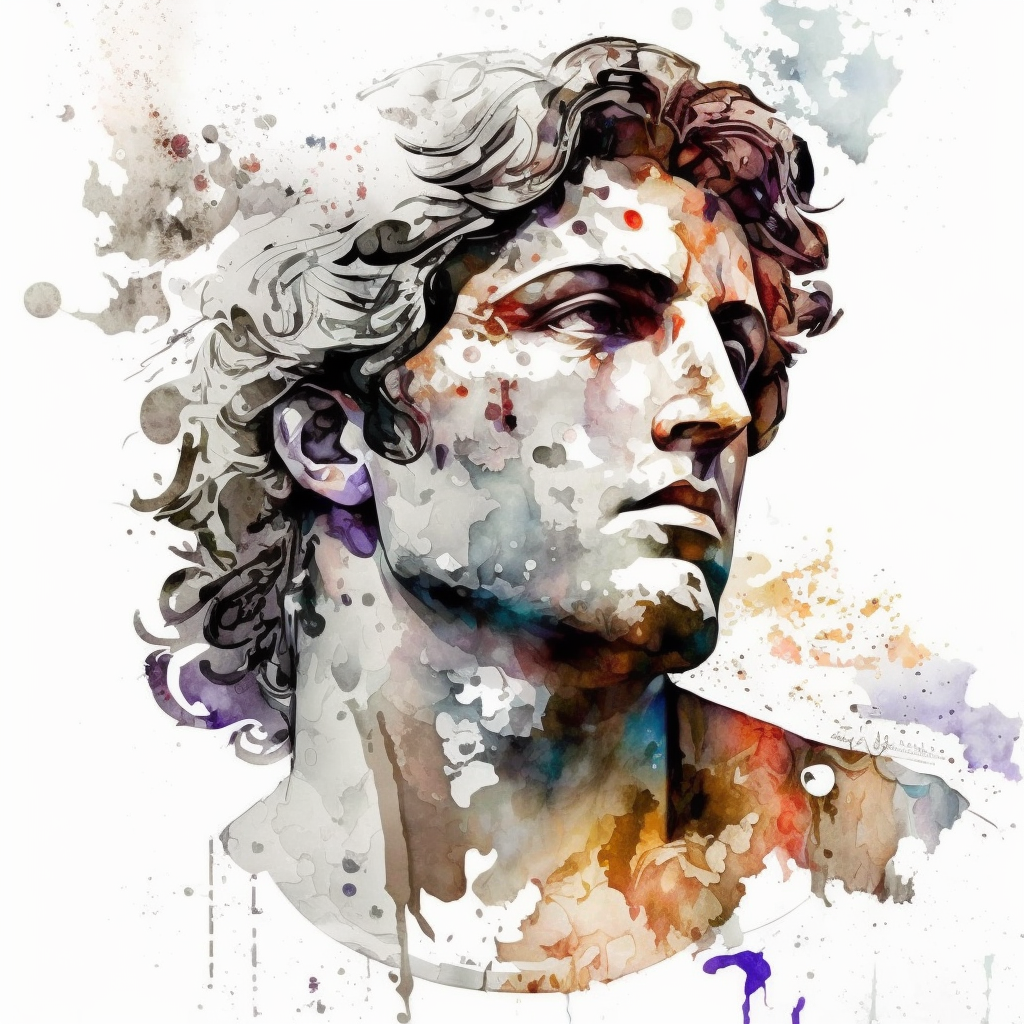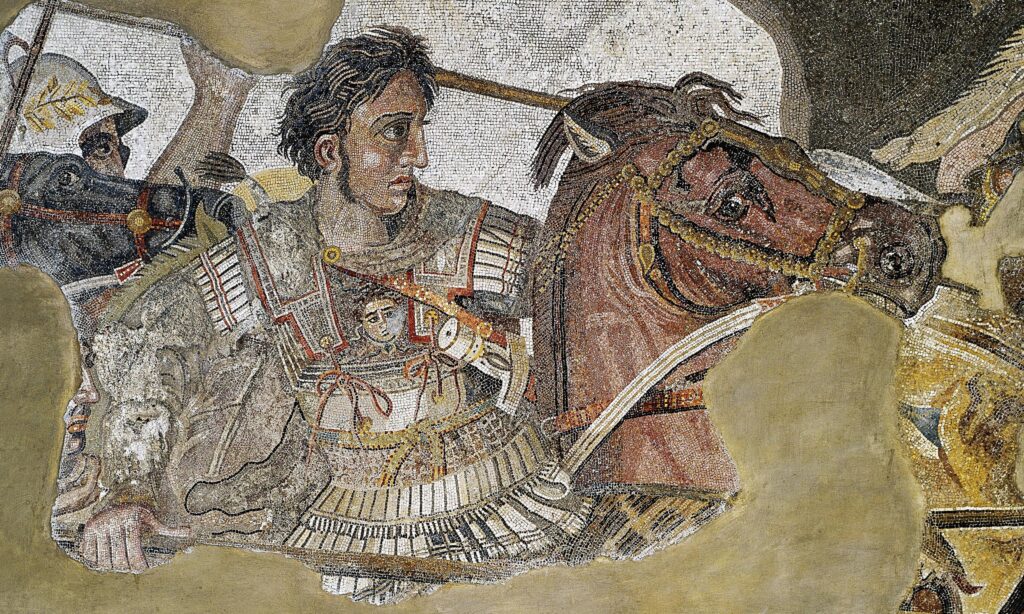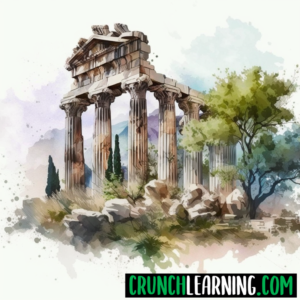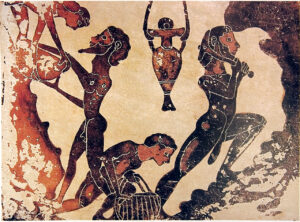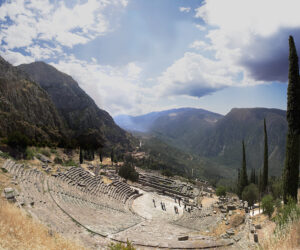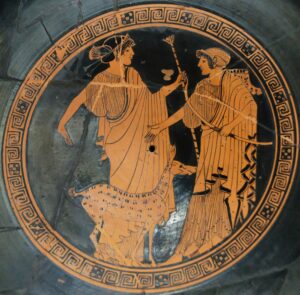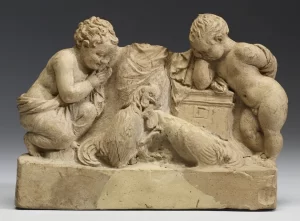Alexander the Great (Alexander III of Macedon) was a king of the ancient Greek kingdom of Macedon and one of the greatest military leaders in history. The time period in which Alexander the Great lived and rose to power is referred to as ‘Classical Greece‘. He was born in July of 356 BCE in Pella, the capital of Macedon. His father was King Philip II of Macedon, and his mother was Queen Olympias. Together with his sister, he was raised in the royal court of Macedon.
Alexander the Great’s Early Life
In 343 BCE King Philip II hired the famous philosopher Aristotle to teach his son. Over three years Aristotle taught Alexander about philosophy, poetry, drama, science, and politics. More specifically, Alexander learned about the works of Homer, and in particular the ‘Iliad’, which is one of the oldest pieces of literature. Aristotle gave him an annotated copy of the work, which Alexander apparently kept with him on the military campaigns he undertook later in life.
In 341 BCE sixteen years old Alexander became a soldier and went to his first military expedition, in which he fought against the Thracians. He helped his father at the Battle of Chaeronea in 338 BCE against the united armies of Athens and Thebes. Unfortunately, Philip II married Cleopatra Eurydice and rejected Alexander’s mother Olympias. Alexander and his mother were forced to flee from Macedonia.
Alexander the Great the Macedonian King
In 336 BCE, Philip II was assassinated, and Alexander became the king of Macedon. However, since the title of king in Macedonia was not passed down from father to son, nineteen years old Alexander was determined to take the throne. For instance, he won the support of the Macedonian army, which pledged to help him maintain control of the throne.
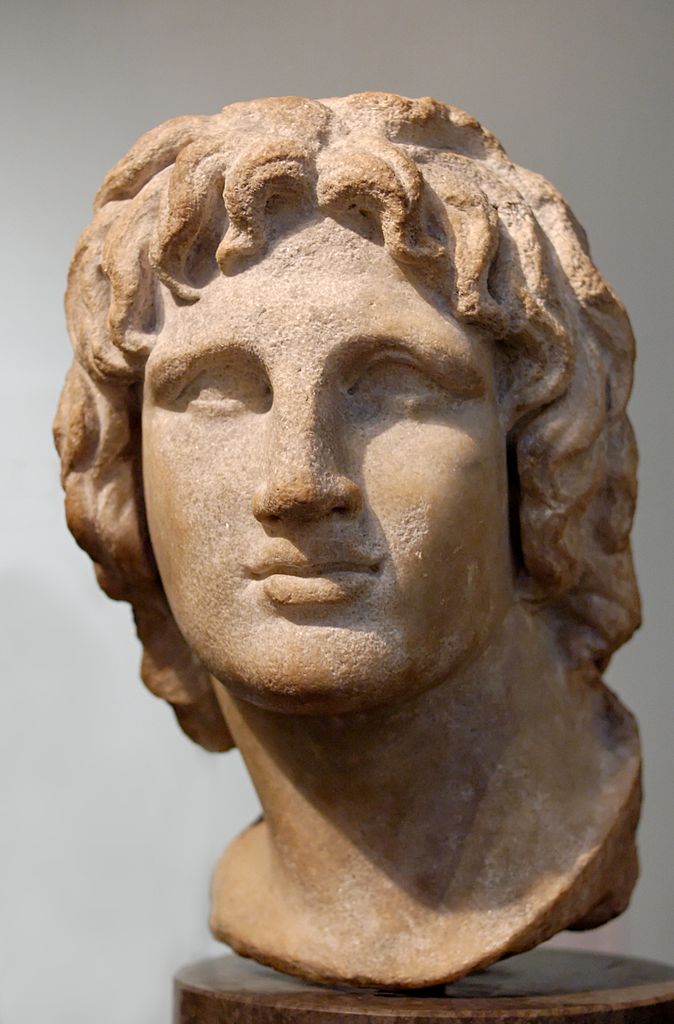
Conquests of Alexander the Great
Although he was a feudal king, Alexander did not immediately gain the support of many of the differing city-states across Greece. In fact, the death of his father, caused several of the city-states to revolt, which forced Alexander to respond with force. Alexander inherited a strong and well-trained army, and he immediately set out to expand the kingdom. He first turned his attention to the Greek city-states, which he quickly brought under his control. For example, Alexander the Great and his forces famously destroyed the army of Thebes and destroyed the city as a warning to other Greek city-states. He then set his sights on the vast Persian Empire, which stretched from modern-day Turkey to India.
In 334 BCE Alexander arrived at the city of Troy where he faced the Persian king Darius III. Alexander and his forces quickly defeated Darius’s Persian army, and by the autumn that same year he crossed the southern coast of Asia Minor to the town of Gordium, where his army remained during the winter. In 333 BCE, the forces of Alexander again faced off against the Persian army and although the army of Alexander the Great was outnumbered, he again managed to defeat Darius, prompting the Persian king to flee.
In November of 333 BCE, Alexander was proclaimed king of Persia after he caught and captured the Persian king – Darius III. Next, Alexander the Great shifted his forces to carry out the conquest of Egypt, in which he easily succeeded. Egypt fell without offering much resistance, and in 331 BCE Alexander founded the great city of Alexandria.
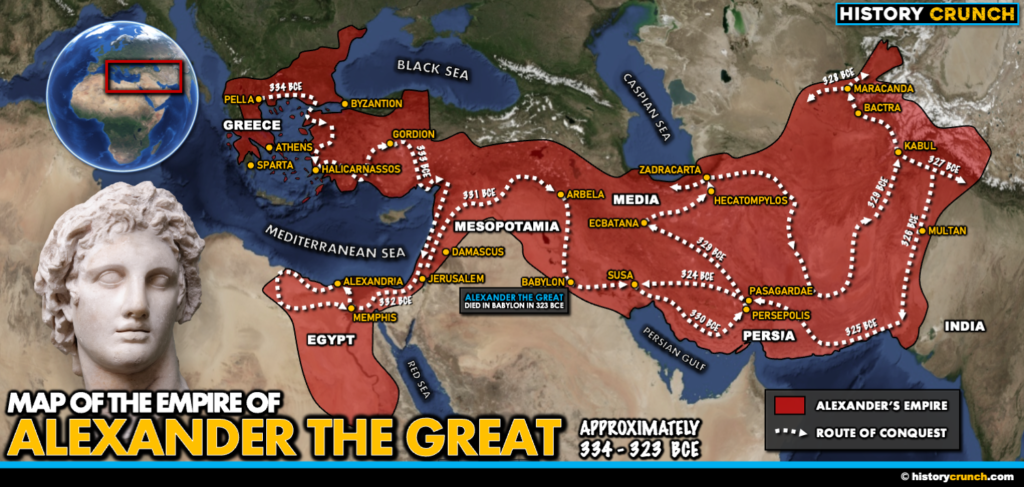
The End of Alexander the Great
Alexander had set out to conquer the known world. He led his army on a series of campaigns across Asia Minor, Egypt, and the Persian Empire, defeating every army that stood in his way. He conquered the Persian Empire and became the ruler of a vast territory that stretched from Greece to India. However, the next advances of his army would be his last and eventually lead to his end.
Following his success in Egypt, Alexander the Great marched his forces east into modern-day Iran. From there, Alexander continued his campaigns towards India, where he defeated the army of King Porus. According to history, it was a bloody battle in which the army of India had 200 war elephants, from which the Macedonian army barely defended themselves.
Alexander wanted to conquer the whole world, but his army began to show signs of rebellion. As the soldiers refused to go into further campaigns, mostly due to exhaustion and the tropical heat, Alexander had no choice but to return home. During the trip back across India many of his soldiers suffered from illness, injury and death. In fact, Alexander the Great was wounded at the time, but he recovered in 325 BCE and continued his way through the Persian Gulf.
Once in Babylon, he began to draw up plans for an attack on Africa. However, Alexander the Great died in June of 323 BCE after suffering from a fever and pain. It is believed that the cause of death was likely malaria or typhoid fever. Although some historians have suggested that he may have been poisoned. He 32 years old when he died.
After his death, his empire was divided among his generals, who fought for control of the various territories. Eventually, the empire was divided into three main parts: the Seleucid Empire, the Ptolemaic Kingdom, and the Antigonid Kingdom. The Seleucid Empire was founded by Seleucus, one of Alexander’s generals, and comprised much of the territory he conquered in the east, including modern-day Iraq and Syria. The Ptolemaic Kingdom was founded by another of Alexander’s generals, Ptolemy, and included Egypt and parts of the Mediterranean. The Antigonid Kingdom, founded by Antigonus, one of Alexander’s generals, included Macedon and parts of Greece. The time period in ancient Greece that occurred following the death of Alexander the Great is referred to as ‘Hellenistic Greece‘.
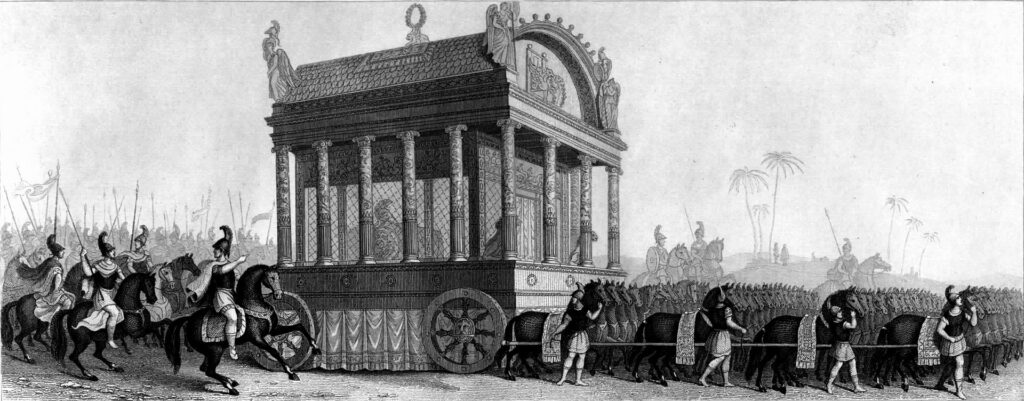
Legacy of Alexander the Great
Despite his short life, Alexander the Great left a lasting legacy and is remembered as one of the greatest military leaders in history. Alexander was known for his bravery and tactical genius on the battlefield. He was also a visionary leader who sought to unite the diverse peoples of his empire through a common culture and language. He founded a number of cities, including Alexandria in Egypt, which became a center of learning and culture.
Alexander’s conquests had a profound impact on the ancient world, spreading Greek culture and language throughout the conquered territories. He is remembered for his military genius and his ability to inspire and lead his troops.
Alexander the Great’s legacy is still felt today. He is often depicted as a heroic figure in literature and popular culture, and his life and deeds have been the subject of numerous books, movies, and television shows. Despite the controversy surrounding his life and conquests, Alexander the Great remains an important figure in world history.
